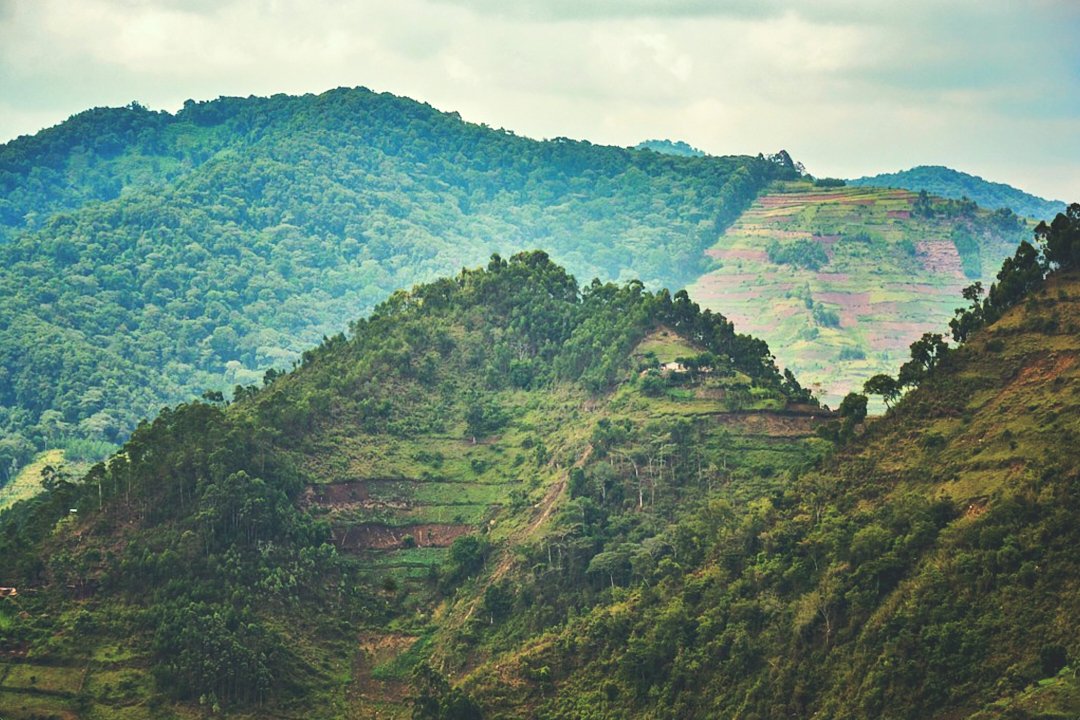#50 Habitat Degradation
Habitat degradation poses a direct threat to species extinction. As forests, lakes, wetlands, and grasslands disappear, more and more species will be set for extinction. It is projected by 2050, that 25% of the current animal species will be extinct.
Loss of Habitat:
Every living thing needs a place to live, but habitat degradation has forced many species from their natural habitat. Human activity is the biggest cause of habitat destruction. From pollution to urban sprawl and corporate croplands, our planet’s natural habitats are declining rapidly. By shifting our social and planetary awareness we can help protect all living things and work toward regenerating habitat loss.
Habitat Degradation Facts:
Roughly 20% of the Amazon rainforest has disappeared in 50 years.
From 16 million square kilometers of tropical rainforest habitat that originally existed worldwide, less than 9 million square kilometers remain today.
Farming and logging have severely degraded 94% of temperate broadleaf forests.
Less than 0.1% of dry forests in Central America’s Pacific Coast and less than 8% in Madagascar remain from their original volume.
One-fifth of coral reefs have also been destroyed, and another one-fifth have been severely degraded by overfishing, pollution, and invasive species.
Over 35% mangrove ecosystems worldwide have been destroyed.
Approximately 9 million square kilometers of seasonally dry-lands humans have converted to deserts through the process of desertification.
More than 50% of wetlands in the U.S. have been destroyed in just the last 200 years.
How Can I Make An Impact ?
Action 1: Global Goodness
The best way to impact habitat degradation is to know the environment in which you live. What are the native species in your area, and what do they need to survive?
Planting native foliage helps support soil retention as well as feeds the bugs, birds and bees in the area.
Help educate others on the importance of habitat preservation. Knowledge is power.
Action 2: Planet Protector
All of Action 1
Reduce the pollution. By reducing the pollution in our land, water and soil, we can preserve these ecosystems and also slow climate change.
Help to prevent the spread of invasive species in natural habitats.
Action 3: Earth Angel
All of Action 1 & 2
If you are building a new property, learn about the natural habitat. As your construction begins you can make choices that reduce the impacts on the habitat in which you are building.
Encourage the protection of key habitats through legislation. Our current administration has been reducing the areas of protected lands in the US. It is time we say no more, and in turn request an increase in protected lands.
Choose to be an Ambassador for Change, and always Spread Love and Spread Light.
FACTS REFERENCES:
https://nhpbs.org/wild/habitat.asp
https://www.nwf.org/Educational-Resources/Wildlife-Guide/Threats-to-Wildlife/Habitat-Loss
http://www.earthtimes.org/encyclopaedia/environmental-issues/habitat-loss-degradation/
https://kids.kiddle.co/Habitat_destruction
http://www.worldanimalfoundation.org/articles/article/8948431/181156.htm


